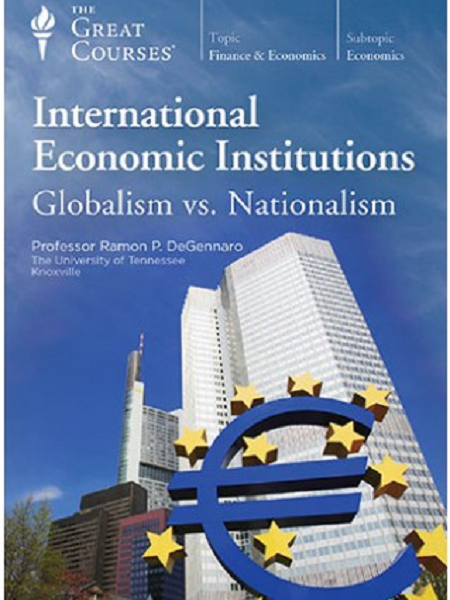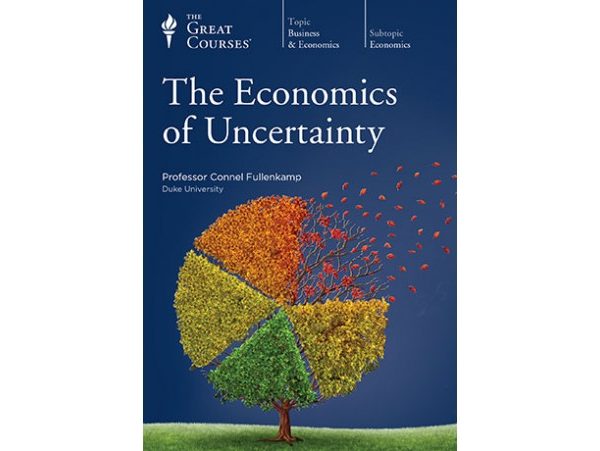Published 9/2024
MP4 | Video: h264, 1280×720 | Audio: AAC, 44.1 KHz, 2 Ch
Language: English | Duration: 4h 28m | Size: 1.29 GB
Unlock the mysteries of banking and financial systems, from ancient coins to cutting-edge fintech!
What you’ll learn
The historical origins and evolution of banking, from early money systems to modern financial institutions.
Key concepts in banking, such as the roles of bankers, banking companies, and central banks.
The development and functions of central banks, with a focus on the Reserve Bank of India (RBI).
The role of coins, paper money, and cheques in the history of financial transactions.
The evolution of modern banking in India, from pre-Independence to post-reform periods.
How financial sector reforms, like the introduction of Payment Banks and Small Banks, have shaped the industry.
The various functions of commercial, cooperative, and unorganized banks.
The impact of technology on banking, driving innovation and transforming customer experiences.
Requirements
Basic understanding of finance: A foundational knowledge of financial concepts like money, loans, and interest will be helpful.
Interest in banking and finance: This course is designed for individuals with a curiosity about the banking sector and its historical evolution.
No prior banking experience required: The course is beginner-friendly and does not require prior experience in banking or finance.
Access to a computer with internet: Students will need a device to access course materials and any additional resources provided.
Description
Course Introduction:This course provides a comprehensive journey through the evolution of banking, starting from the origins of money and early banking systems to the role of modern central banks and the latest financial sector reforms. It covers key banking concepts, the establishment of central banks, and the development of modern banking systems in India and globally. Whether you’re a finance enthusiast, student, or professional, this course will deepen your understanding of the financial institutions that shape the global economy.Section 1: Introduction to BankingIn this section, we explore the roots of the banking system, starting with the origin of the word “Bank” and its historical development. Lectures dive into the basic concepts of what defines a banker and banking company, followed by a look at the history of money from its early beginnings to the rise of paper money. The section wraps up by explaining the significance of cheques and their role in modern banking transactions.Section 2: Establishment of Central BanksHere, the course traces the establishment of early banking systems, from the Pazzi family’s involvement to the influential Fugger Dynasty. You will learn about the role of central banks in financial systems and how they’ve evolved over time. The lectures explore how banking changed with the rise of central banks, particularly in the 21st century, shaping modern monetary policy and financial stability.Section 3: Banking BusinessThis section focuses on the historical evolution of banking in India, particularly through the use of coins and paper money. Beginning with the use of coins as a medium of exchange in ancient India, the lectures cover the coinage of the Indian Republic and the issuance of banknotes by the Reserve Bank of India (RBI). The banking systems from ancient India are discussed, providing a deep historical context for modern practices.Section 4: Evolution of Modern BankingIn this section, we delve into the transformation of banking in India, from pre-Independence to post-reform eras. You will learn how banking evolved during critical periods of reform and how new licensing norms shaped the banking landscape in modern India. The section highlights the factors that led to the emergence of modern banking systems, both in India and globally.Section 5: Financial Sector ReformsThis section discusses key reforms that have modernized India’s financial sector. From the introduction of Payment Banks and Small Banks to notable financial reforms, the lectures also cover the expanding role of the Reserve Bank of India. These reforms have created new opportunities and challenges for India’s financial system and are essential for understanding the current banking landscape.Section 6: Functions of Central BanksThe section expands on the crucial roles that central banks, especially the RBI, play in maintaining financial stability. You will explore other important functions of the RBI, the concept of financial inclusion, and how schemes like the Pradhan Mantri Jana Dhan Yojana have revolutionized banking access for the underserved population. This section also touches on the role of India’s four apex banks.Section 7: Commercial & Co-operative BanksThe final section addresses the structure of scheduled commercial banks and cooperative banks in India. You’ll learn about the classification of cooperative banks and the role of the unorganized banking sector. The section concludes by exploring how technology has transformed banking services, ushering in a new era of convenience and innovation.Conclusion:By the end of this course, students will have a deep understanding of how banking systems have evolved over centuries, the role central banks play in regulating economies, and how recent reforms have shaped the modern financial landscape. With a focus on both global and Indian contexts, students will be well-equipped to navigate and contribute to the banking and finance sector.
Who this course is for
Students of finance and economics: Those studying banking, finance, or economics who want to deepen their understanding of the banking industry.
Aspiring bankers and finance professionals: Individuals looking to start a career in the banking sector or enhance their knowledge for professional growth.
Finance enthusiasts: People who have a general interest in how banks work, their history, and the modern financial system.
Entrepreneurs and business owners: Those interested in understanding the banking system for better financial decision-making in their businesses.
Anyone curious about banking: The course is also suitable for anyone looking to learn about the evolution of banking, from its origins to the modern era, without prior experience in finance.
Homepage
https://www.udemy.com/course/evolution-of-banking-in-india-history-to-modern-banking/










